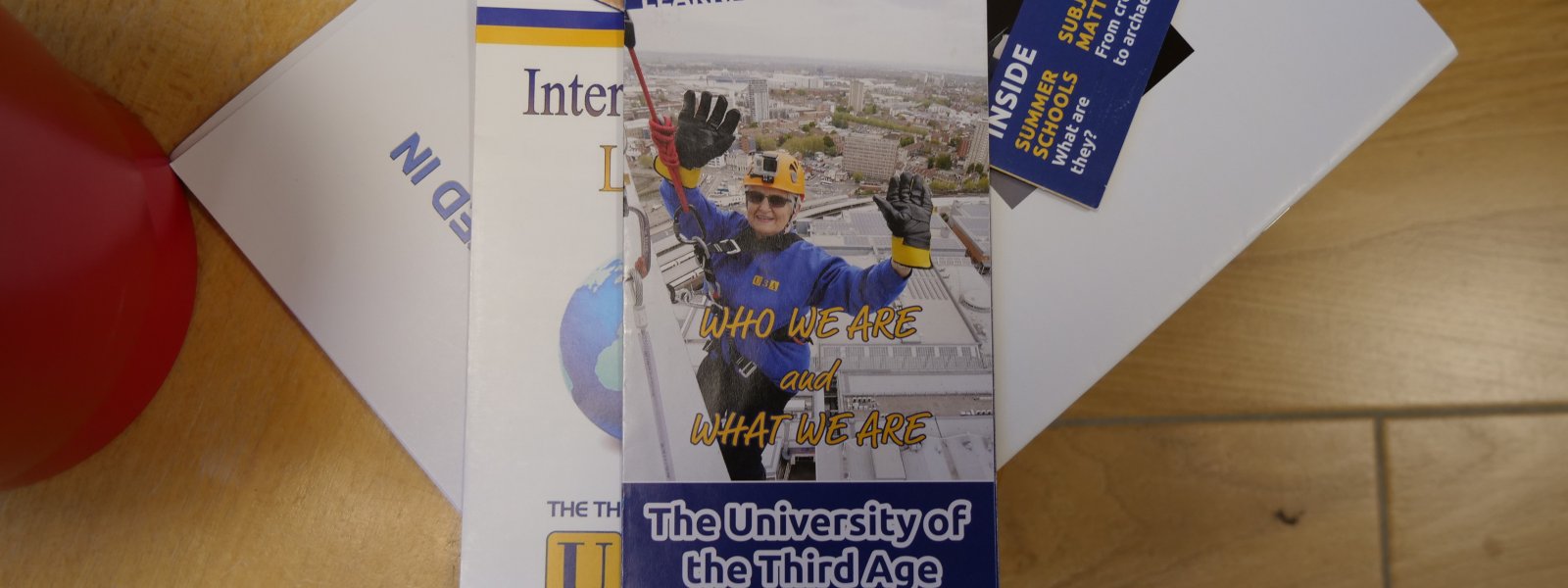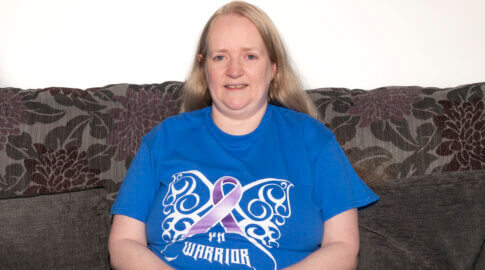How U3A could help you live well with PH
If you’re feeling isolated or are finding it difficult to cope with your diagnosis, getting involved with U3A could help. Chris Coates found out more.
The University of the Third Age (U3A) is a national charity made up of retired and semi-retired people – of all ages! – who come together to continue their educational, social and creative interests.
U3A activity groups include everything from learning new languages, crafts, and writing classes to guitar lessons, belly dancing and computing.
Every U3A member is a volunteer, and people are encouraged to share their own skills as well as learning from others.
Sue Stokes, regional trustee for the charity’s Yorkshire and the Humber region, said: “U3A is for people in their ‘third age’, but the important thing is that we never ask anybody’s age – we have members as young as 40 and those in their hundreds.”
U3A has over 424,000 members and there are 1039 U3A area groups across the UK.
“Our key principles are mutual benefit and learning,” Sue said. “If you can do something yourself, can you teach other people to do it? Or, if you’ve always wanted to learn how to do something, are there people within U3A who can teach you or if not, can we as a collective find out how to do it?
Our key principles are mutual benefit and learning
“The main commitment we ask for is that people contribute to the group they are in. But I can guarantee that U3A members get a lot more out of being in a group than they put in.”
While U3A does not provide physical care, its work can support people with long-term illnesses like PH.
“We have people with all sorts of conditions, some of which are obvious and some which are not obvious,” Sue added. “The point of U3A is you do as much as you want, when you want – you take it at your own pace.”
It’s very easy to join your local U3A – membership fees vary but they can be as little as £10 per year.
“We find that people who gain the most are those that are looking for friendship, are recently bereaved, or have become isolated, whether that’s for geographical, personal or health reasons,” Sue added. “We have evidence that joining U3A has changed people’s lives, and we have recently started working with medical professionals who are now recommending joining a U3A group for patients who would benefit from friendship, learning and exercise instead of drugs or medicine.”
To find the nearest U3A in your area, go to www.u3a.org.uk.
















